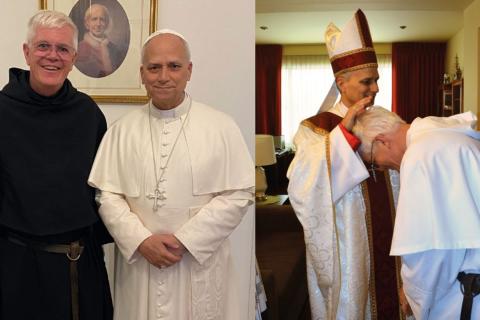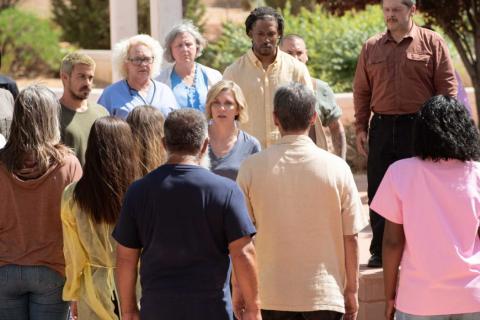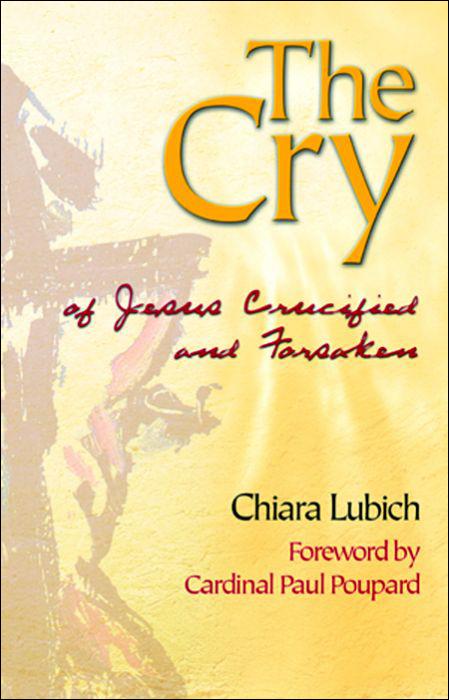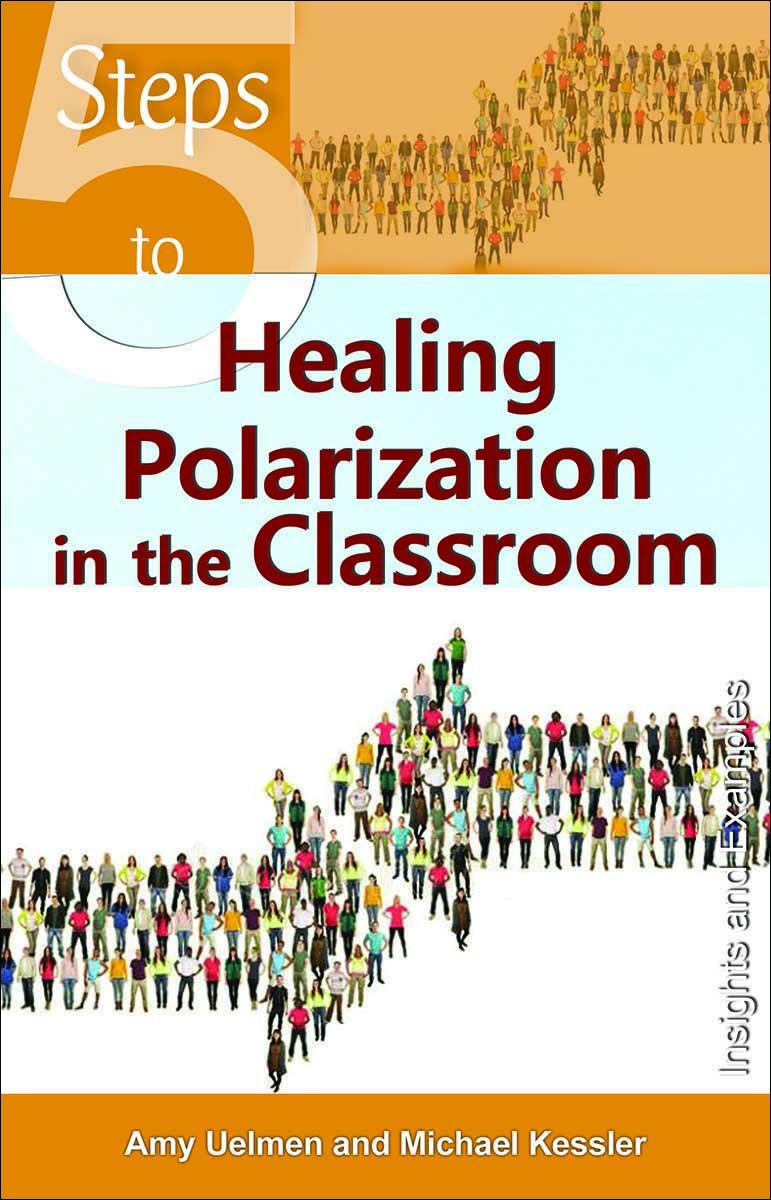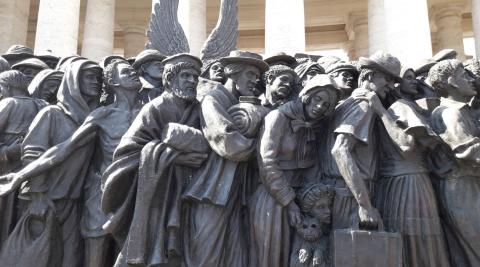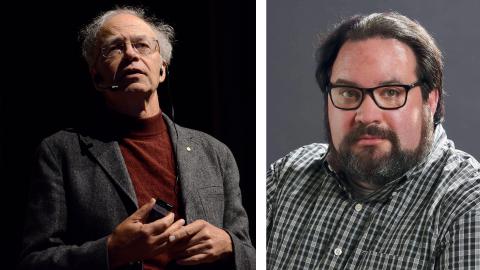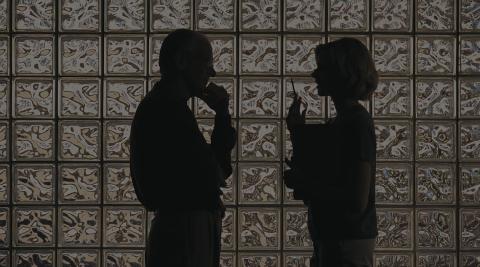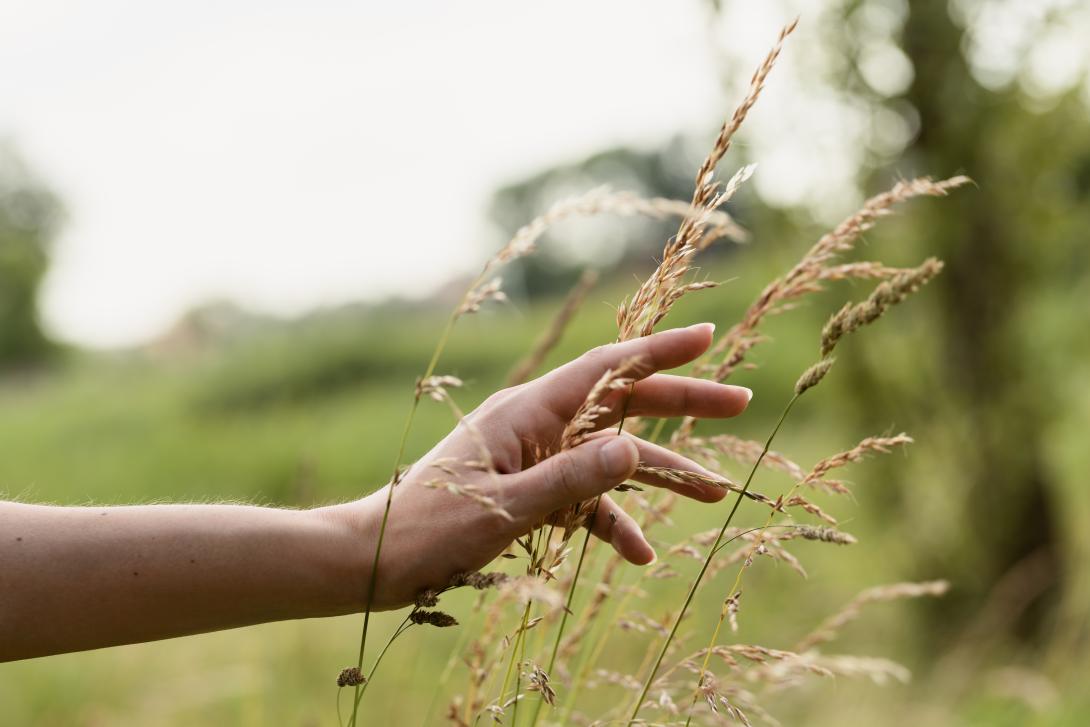
© Image from Freepik
In Laudato si’ Pope Francis gently reminds us, “Nature cannot be regarded as something separate from ourselves or as a mere setting in which we live. We are part of nature, included in it and thus in constant interaction with it.” This truth must be absorbed slowly over time, through a combination of personal and ecological conversion. My conversion has taken place over many decades, but the first buds appeared during the summer of my Alaskan adventure.
The silver bullet trailer was parked in a scenic gravel pit just down the rock road from the lake and stream where my college friend and I counted sockeyes and cohos for a salmon enhancement program. This was off-grid living before it was a thing: no heat, running water, or electricity. Yellow leaves quaked in the quarry and raindrops fell on tin rooftops. I came here having never seen a seagull swoop to snatch a dangling baby duck, or a moose or bear, never heard that haunting howl in the distance during a strange twilight night.
Contemplation was something I´d only aspired to, and I fell head first into awe at the wonder around me. Too intense to fully comprehend, it felt surreal; it seemed I was less a part of the painting, and more that I was apart from it. This became my reflection:
Was I really a part of this natural world that appeared before me, or simply an observer of something beyond myself?
During hours of counting in the dark waters of the night, I became mesmerized by the thousands of silver smolts swarming in the shallow ripples around me. They were on their own adventure to the open ocean, led by something bigger than themselves. Some call it instinct; perhaps a memory, or a feeling. I call it a knowing that comes from within. There is no explanation for this, and none is needed. Just as the little black bear playing on the branches at our backs: it just is.
As spring became summer, the adults returned on their own upstream battle – bursting out of raging waters, evading every enemy, overcoming unforeseen obstacles – on a search for their way back, to the place it all began. Searching for their way back home. More than just survival, it is completion.
Months had gone by and mystical moments occurred in the midst of mundane chores, and little by little I spent less time thinking and doing, and more time being and listening – to the washing waves of the lake or the rushing roar of the river. More time contemplating majestic world surroundings: snow shimmering on mountains and aqua green-blue fountains, fireweed in the breeze, driftwood on solemn shores – life and beauty rising from the depths of death. I let the breeze breathe through me, heard the wild whisper of the wind and the chorus of the birds beckoning before me.
One cried out from the brush, magnified like a megaphone, its melody whistled through the branches and echoed in my heart. If only I could sing this song, I thought, then closed my eyes and lost myself, as if in a dream of some perfect world; then opened them again as if for the first time, and let that perfect world envelop me. The cool crispness of the air brought clarity, and the sounds slowly melded into silence. Some call this being one with nature. Pope Francis calls it being “joined in a splendid universal communion.”
Like the moose in the marshes, and the grizzlies grazing in the grass, and the reds splashing upstream, I too was attaining my natural state of being. I began to know that who I am at my core is as beautiful as the loon that laments in melancholy, and the bald eagle gliding, and the sparrow joyfully dancing, and that all our roots – like those of the aspen – are connected, just below the surface.
In Laudato si’ we are reminded that “each creature reflects something of God and has a message to convey to us,” and so it was that by leaving behind concrete cities, I came to know my maker in a more intimate way, and all God’s creatures spoke to me of inner knowings, life adventures, of finding the way back home, death and resurrection, of innate and inner beauty, parents who raise their young only to set them free, of the circle of life, and our place in it, and that we truly are a part of it.
“Nature cannot be regarded as something separate from ourselves or as a mere setting in which we live” and as we grow in this conviction, so too will we grow in the desire to care for it: “our common home.”
All these lessons have stayed with me since my return from the wild, and I have learned with the years to appreciate subtleties like birds in the backyard and baby bunnies burrowing beneath the bushes. I feel blessed by wild turkeys sauntering, or a full moon rising; and sometimes, as if by chance, or something bigger, even catch a glimpse of a flying squirrel or a bald eagle on the wing, or catch the calls of the coyotes crying like children in the night.





